**Disclaimer: A student with ADHD chose to remain anonymous due to legal concerns arising from Regulations for the Misuse of Narcotic Drugs.
A composed student, engaged in a friendly conversation with his peers, abruptly blurts out and distracts those around him. For many living with attention deficit hyperactivity disorder (ADHD), this kind of impulsive and unpredictable behavior comprises daily life, marked by inattention, restlessness, and difficulty with self-regulation.
Today, patients face an even greater challenge; over the last 5 years, the prescription of Concerta—a standard ADHD treatment—tripled, making it increasingly difficult for patients to access the medicine they rely on.
ADHD medications stimulate the nervous system to help patients concentrate more effectively and alleviate the symptoms of attention deficit. Yet, this effect attracted widespread attention from students who require constant concentration for extended periods to prepare for exams such as the College Scholastic Ability Test (also known as Suneung).
The burden of college admissions often pressures students to resort to drug use. Coupled with the intense social expectations on university admissions, the recent changes in medical school quotas led students to misconstrue ADHD medications as shortcuts to academic excellence.
In areas such as Gangnam—infamous for its high education fever—individuals can easily access the drug through prescription forgery. Desperate students falsely allege ADHD symptoms to receive the medications. Numerous individuals claim they benefit from the prescriptions, luring others into the trend.
In some cases, students smuggle their medication through their peer groups, further encouraging this trend. “I have a prescription for Ritalin. I shared it with some of my friends who do not have ADHD because one of my friends was anxious about a math test. Taking it would help him concentrate on the test because I told him the medication makes my brain think about one thing at the time,” said an anonymous teen with ADHD.
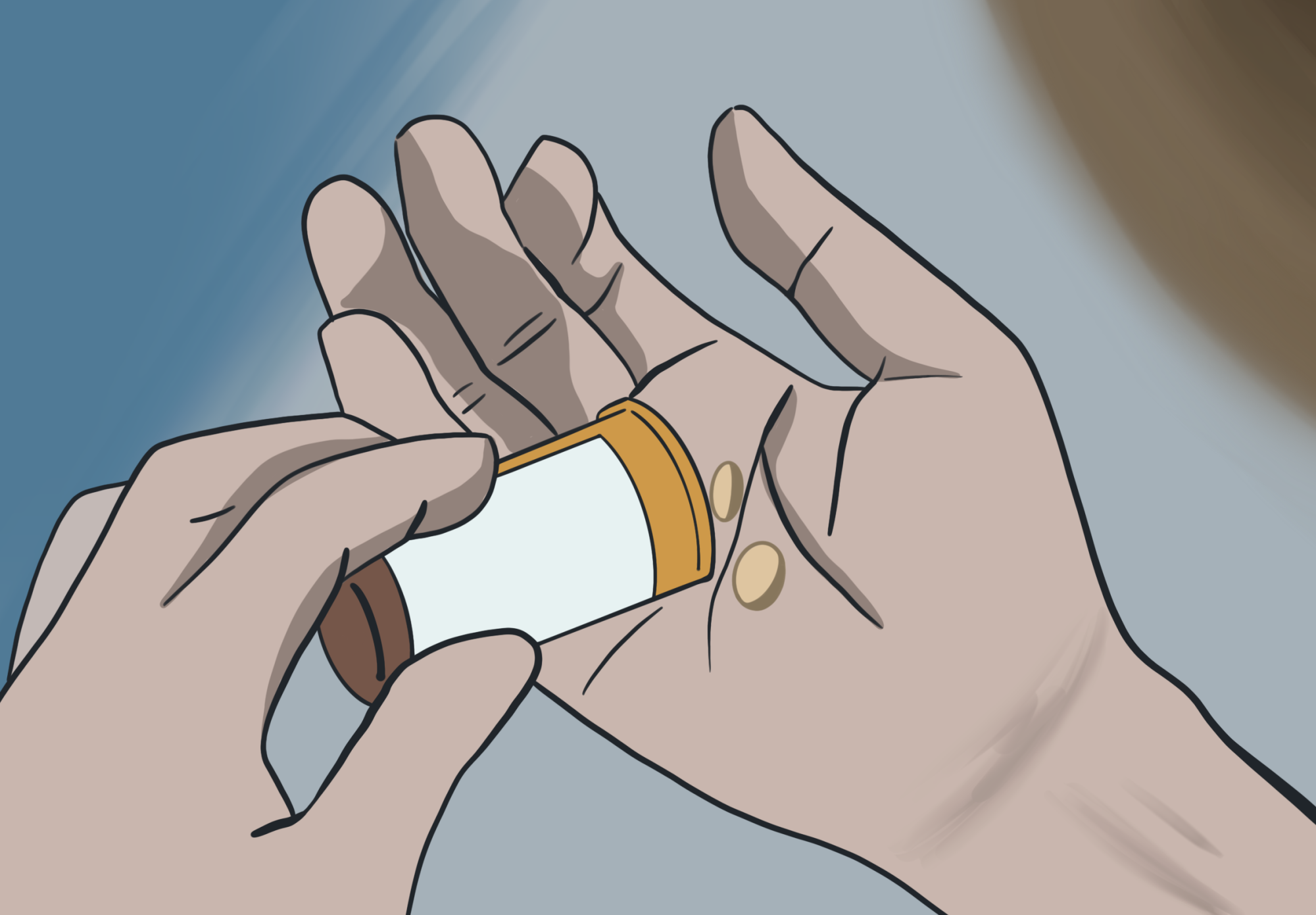
Contrary to common belief, the effects fall short of expectations. According to a study conducted at the University of Cambridge on the effect of cognitive enhancers on neurotypical individuals, drug-takers demonstrated lower accuracy and reduced efficiency in complex decision-making scenarios than those without drugs. Students who turn to drugs in hopes of improving their grades often find disappointment rather than success.
Experts caution against the side effects of Concerta. “Concerta carries risks of side effects such as increased blood pressure, elevated heart rate, and a higher likelihood of cardiovascular diseases. Prolonged use can lead to dependency, addiction, anxiety, insomnia, and depression,” said Seung-hwan Cheon, a pharmacist at Hansarang Pharmacy.
Indeed, illicit users of the medicament suffer from unintended consequences. “But my friend experienced side effects. He couldn’t sleep and he also zoned out a lot … I don’t recommend sharing ADHD pills with undiagnosed people,” said the anonymous student.
On the other side of the coin, actual ADHD patients – the victims of this trend – struggle to receive vital treatment. “I had trouble securing Concerta for the last 3 months, and had to receive an alternative instead. My child showed shortened periods of concentration and resorted to video games frequently,” said Ji-young Park, a mother of a child with ADHD.
Policymakers implemented stricter regulations on the prescription process to stabilize the market and restore demand to normal levels, as seen in the Regulations for the Misuse of Narcotic Drugs enacted in 2022. While it works as a makeshift, the band-aid solution fails to address the true problem. Until students voluntarily keep their hands away from drugs, no external enforcement will create lasting change.
Contemporary legislation considers addicted students as criminals. However, they also fall victim to a compulsive education system. Desperate students find illicit means to improve their test scores in a society where the ends overshadow the means.
To resolve this issue, comprehensive education on medical drugs must take place to prevent future misuse. The government must also design policies that transcend band-aid solutions. Since most students obtain these drugs online, families must also remain alert to the dangers of these medications and take preventive measures.
What began as individual concerns grew into a national crisis—ADHD medication misuse rapidly escalated, fueled by Korea’s unrelenting academic obsession. Furthermore, other countries, including the U.S., struggle with this persistent problem. Drug misuse among students has become a global challenge that urgently requires awareness and regulation.
Without a revolutionary overhaul, students will continue to seek refuge through illicit means. To restore both patients’ well-being and students’ mental health, we must cooperate to resolve and ultimately eradicate the abuse of false remedies.

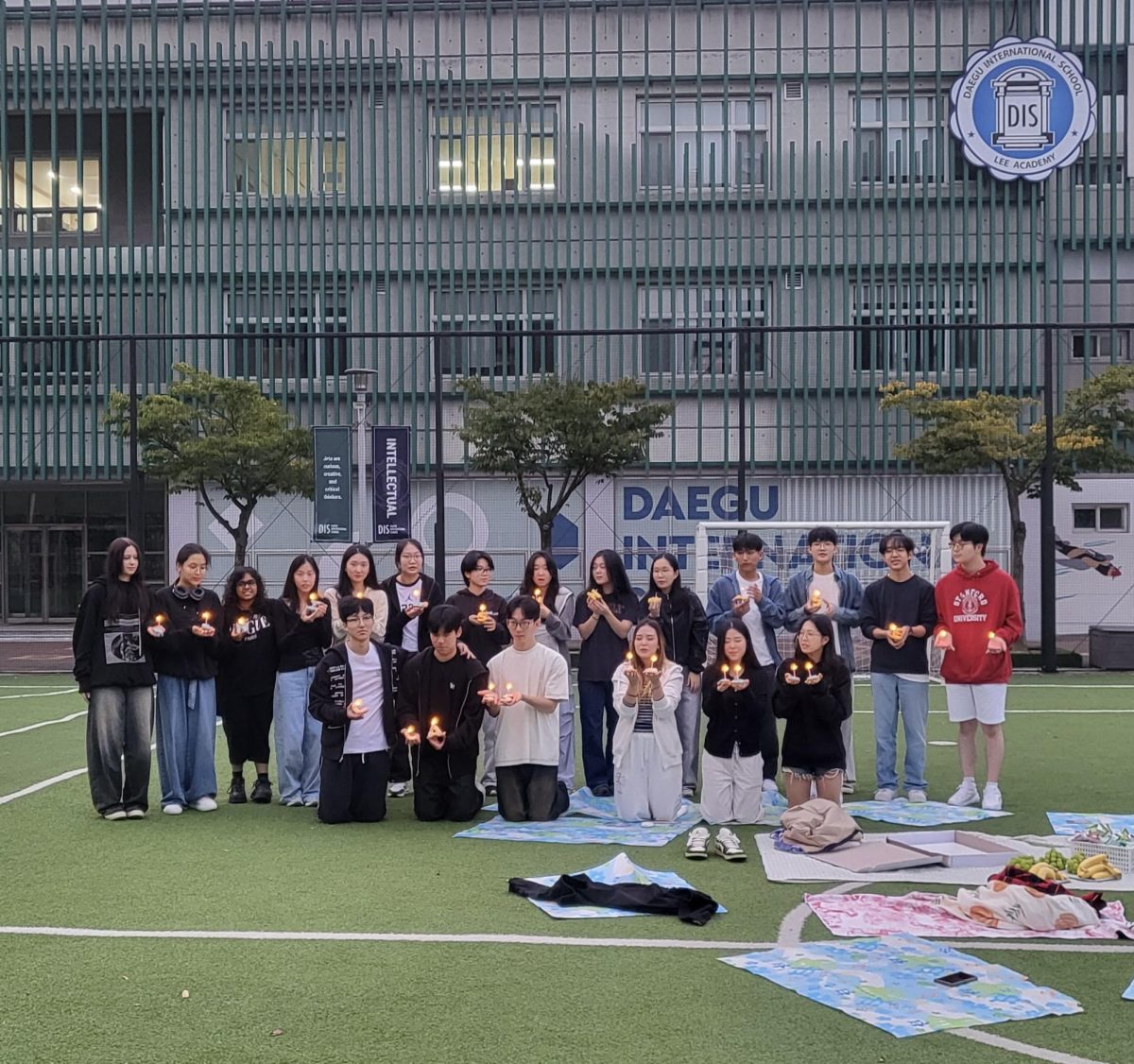











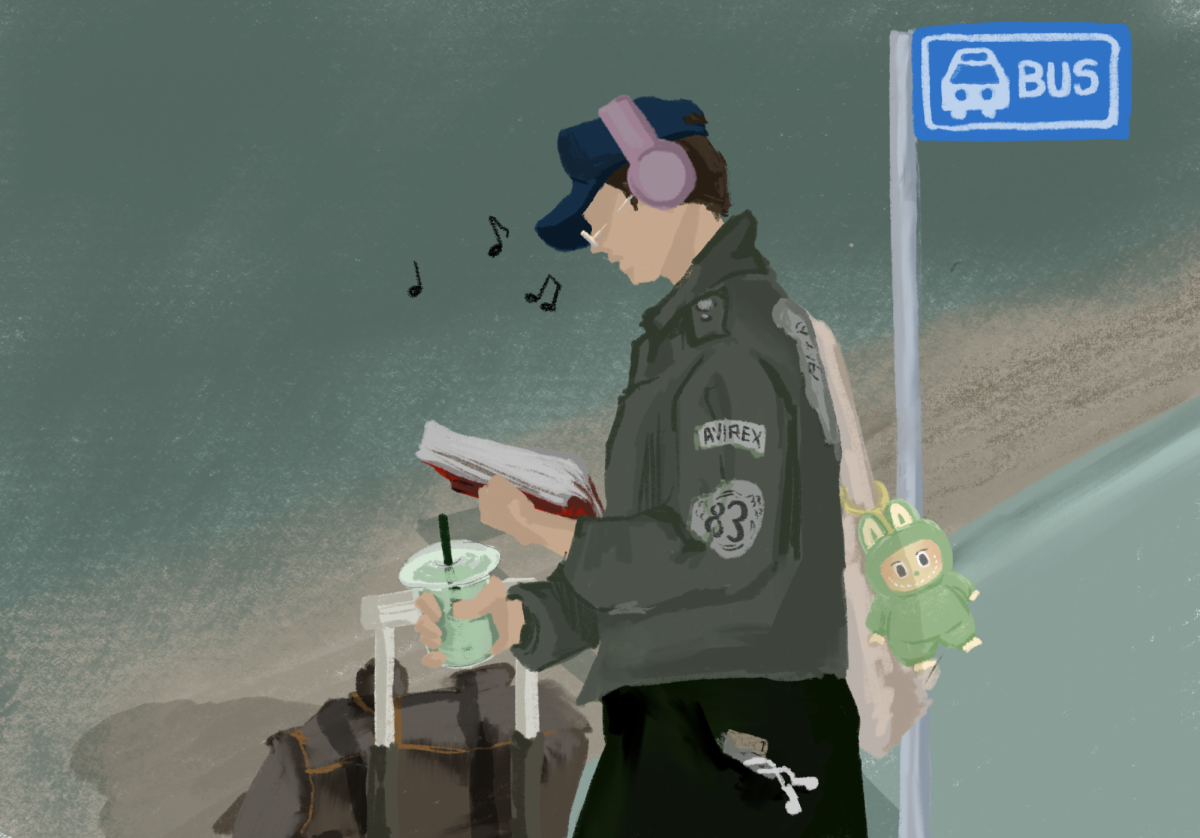
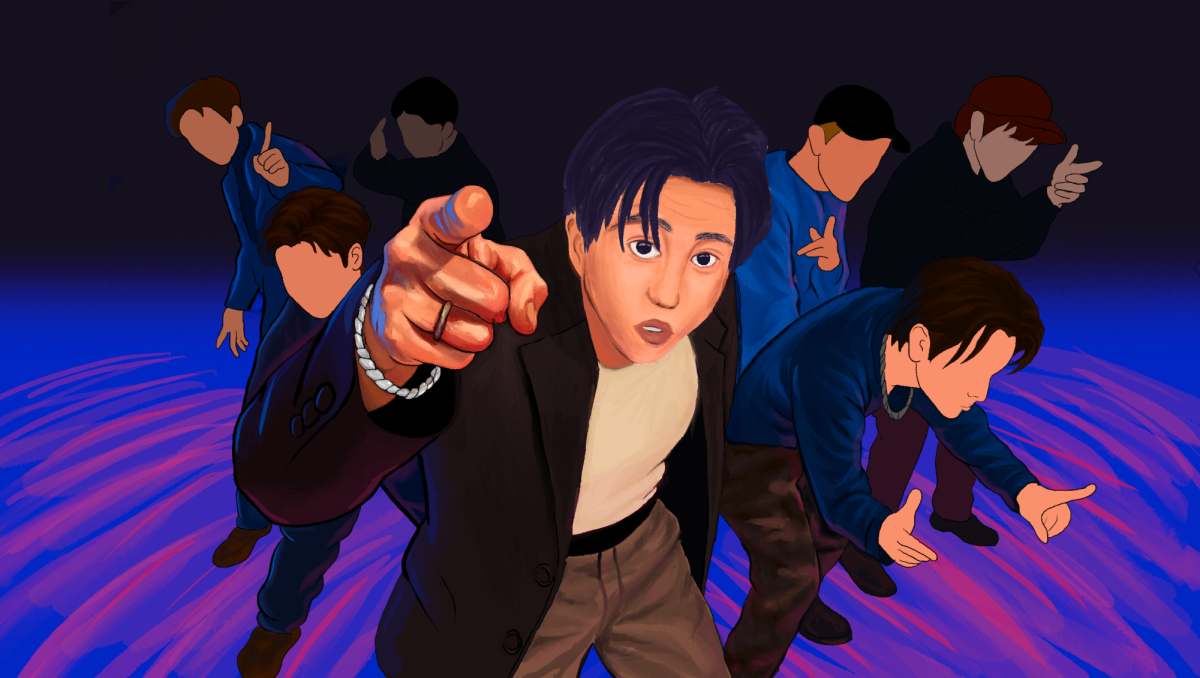
















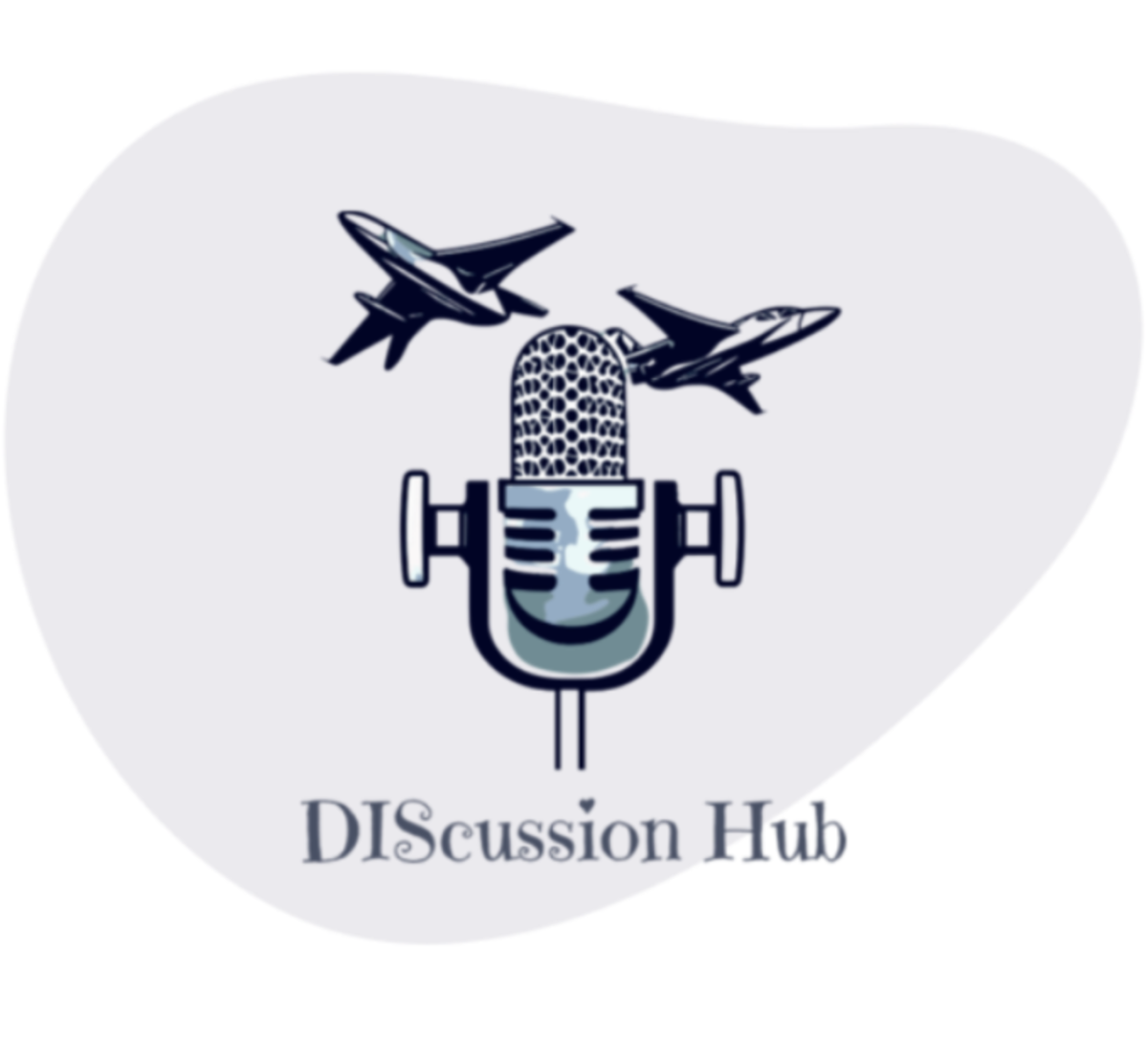



















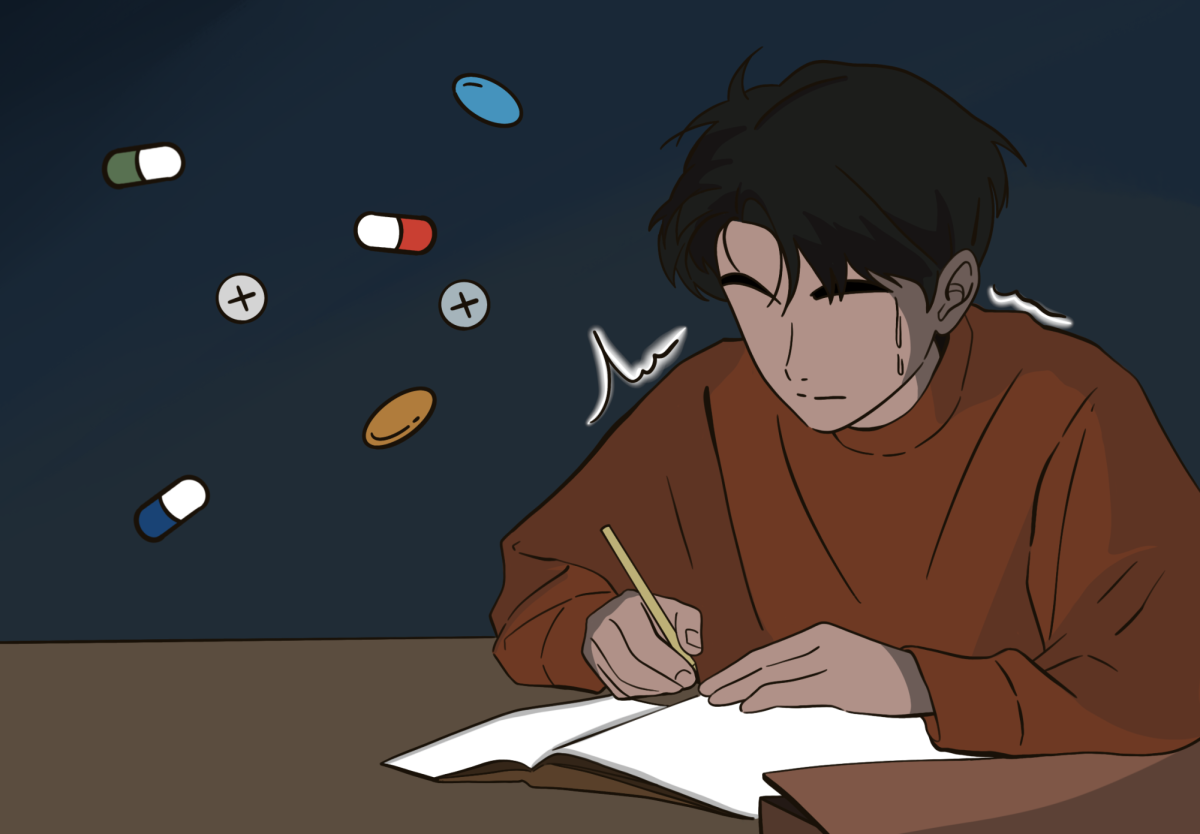

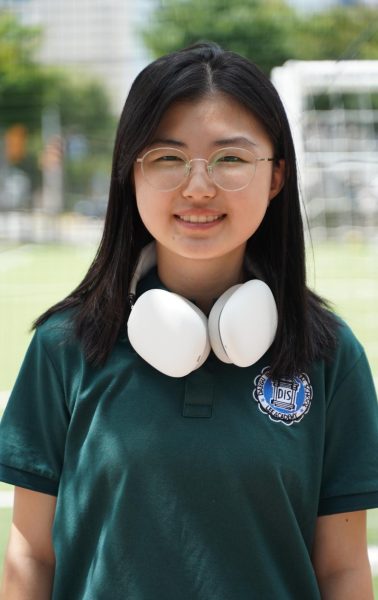
EJ • Jul 6, 2025 at 9:59 pm
Excellent work bringing attention to an urgent topic, covering personal stories, expert opinions, and social context. It is impressive for a high school publication!
Alex • Apr 24, 2025 at 7:28 pm
It is very interesting to learn the tha drug called Concerta that is used for ADHD treatment is being used for students who doesn’t have ADHD to enhance their concentration. I can see how much academic oressure the sutdents get and I think this article is very helpful and raised awarness of the misuse of this medications
Jerome Kwon • Apr 24, 2025 at 7:25 pm
Great article! The article shares valuable information about the troubles happening in Korea.